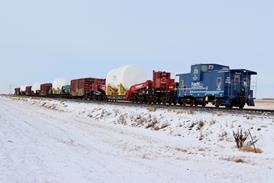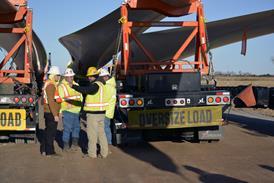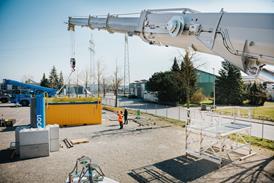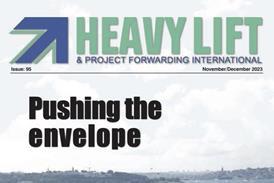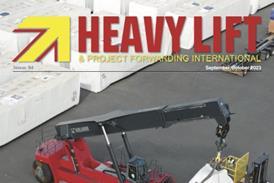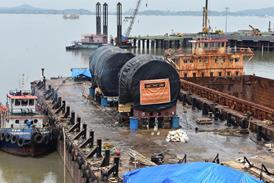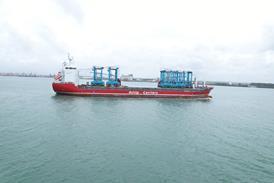As shipowners decide on how to comply with Sulphur 2020 regulations, Euronav ceo, Paddy Rodgers, has spoken out against the use of exhaust gas cleaning systems or “scrubbers”.

On January 1, 2020, the Sulphur 2020 regulations, which cut the allowable sulphur content in marine fuel from 3.5 percent to 0.5 percent, come into effect.
While the majority of owners are expected to switch from heavy fuel oil (HFO) to marine gasoil (MGO), many are opting for scrubbers.
In announcing the company’s third quarter results, Euronav said there are three areas of concern when assessing scrubber installation on its fleet of floating storage and offloading (FSO), V-Plus, very large crude carrier (VLCC) and Suezmax vessels - the upfront capital investment, risk of pollution and the inability to effectively implement the regime.
According to Euronav, installing scrubbers requires an upfront capital investment of USD5 million per VLCC, with virtually no visibility of a return on capital.
Euronav added: “Promoters of scrubbers have used MGO as a proxy for the price of compliant fuel. Some refiners including Sinochem have recently confirmed that they will sell clean compliant fuel at a price likely to be half the difference between dirty HFO and MGO. So the investment case now has half the returns being promoted and it is still 14 months before implementation and nothing suggests this price gap will not further narrow in that time.”
With regards to the environmental implications of scrubbers, Euronav criticised the use of open-loop scrubbers, which use seawater to remove sulphur from exhaust gases but also produce wastewater. This wastewater, according to Euronav, “contains a toxic cocktail of sulphuric acid, CET constituents, polycyclic aromatic hydrocarbons and heavy metals, which are pumped into the open ocean, essentially transferring pollution from air to sea.”
Further still, Euronav added that there has been a lack of scrutiny over the technology, meaning there is no long-term data available to assess the cumulative impact on sensitive or congested sealanes.
The last area of concern for Euronav concerns the effective implementation of the regulations.
“Breaches of current emissions standards are on the rise in their existing environmental control zones (ECA). So far, flag states appear ill-equipped to ensure regulatory compliance.
“Installing a scrubber enables regulatory compliance with the continued use of non-compliant high sulphur fuel. But weak regulatory oversight means non-compliance in the open sea, whether through breakdown or malfeasance, cannot be effectively controlled.”

